TIPS & ADVICE
We offer a truly personalised service. Here are some of the approaches and tools we can tailor for your film..
POTENTIAL DISCUSSION TOPICS
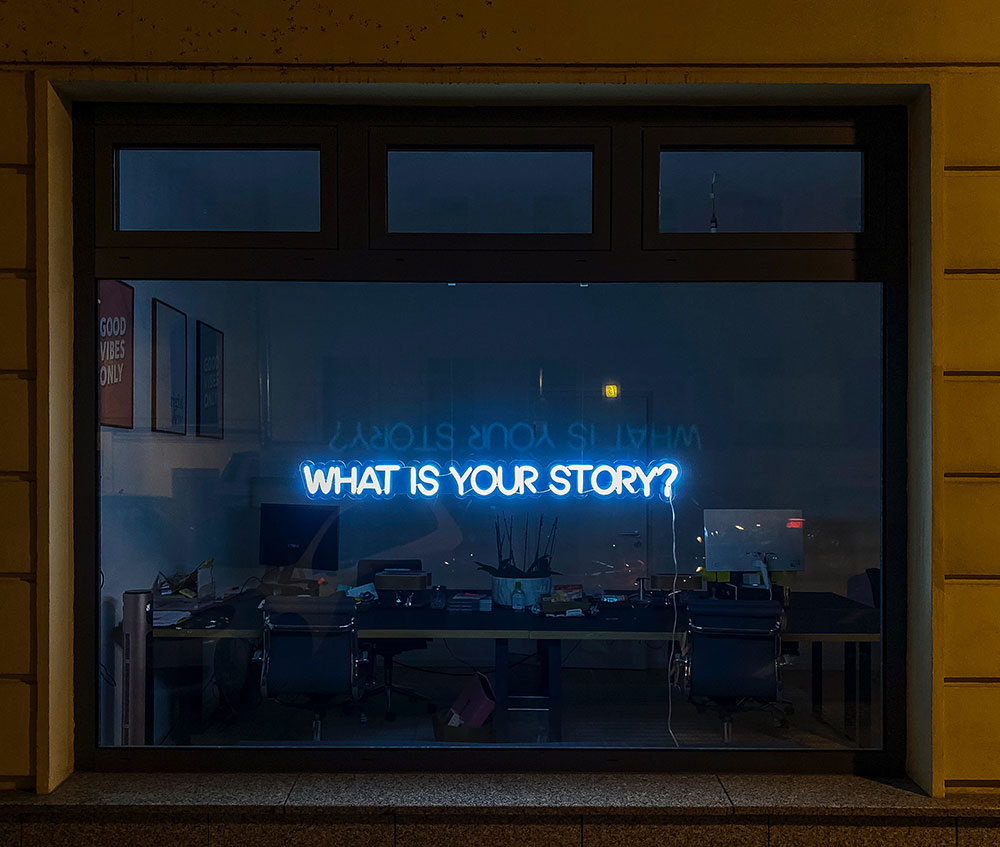
CHOOSING STYLE & TONE OF YOUR DOCUMENTARY
Style, tone and good storytelling go hand-in-hand because they all revolve around feeling. We’ll collaborate closely with you so that you can make informed decisions about the style, tone and mood of your documentary.
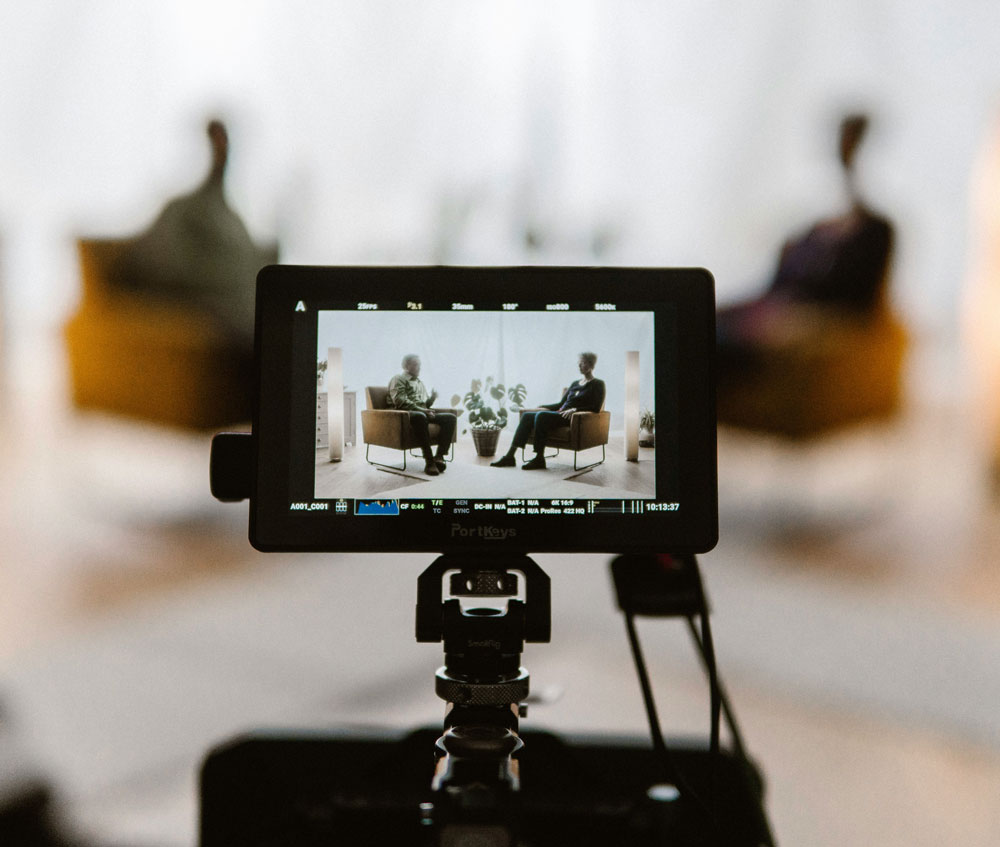
TIPS FOR GIVING A GREAT INTERVIEW
Our job is to put you at ease in front of the camera as we guide you through your interview. Reminiscing about the past can be a truly cathartic experience, one that may surprise and delight you and your family. Here’s a few tips on how to give a great performance on camera.
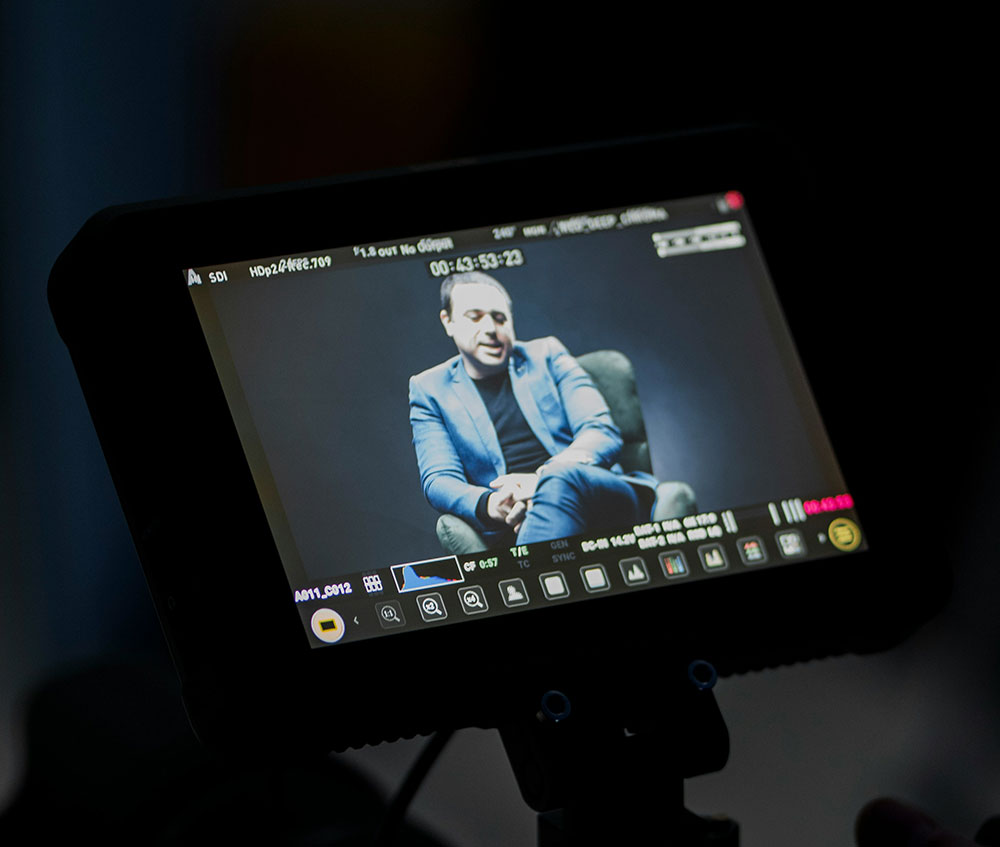
POTENTIAL DISCUSSION TOPICS

PIONEERING
How do you balance tradition with innovation, and maintain strong family values and purpose in the process? When is the right time to be risk-averse with debt? We explore where the founder’s pioneering spirit came from, to enlighten and inspire stakeholders and future generations.
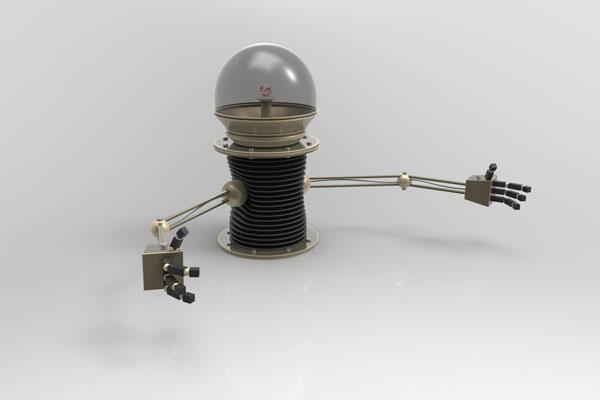
GENIUS
What was the spark of genius that has ensured the company's longevity and adaptability? We compare and contrast wisdom from experienced family members with fresh ideas from the newer generation to advance the spirit of experimentation and discovery today.
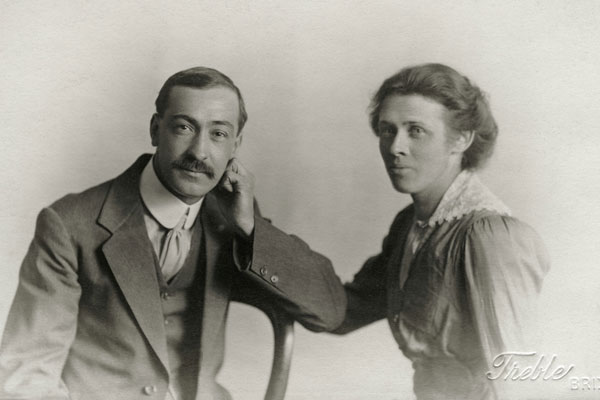
FOUNDATION
Who are the unsung heroes that acted as a vital support system to safeguard company stability and family cohesion? We examine the roles they take on, and how critical they are in planning, providing perspective and guaranteeing long-term continuity.

PROGRESS
What advances have been made thanks to collaboration and partnerships? Has experience within, combined with help from outside, led to better adaptation, sustainability, and new value creation? We examine where conflicts arise and its effect on long-term success.
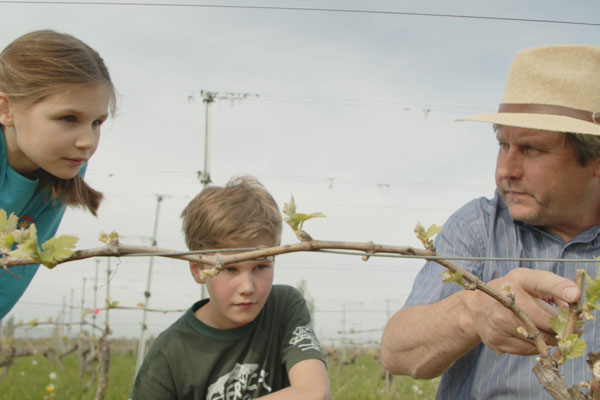
COLLABORATION
Does the experience, mentorship, and institutional knowledge of the older generation help younger generations to offer fresh perspectives on new trends and technologies? We highlight how skills, perspectives and roles of different family members contribute to growth.

VALUES
What are your core beliefs, principles, and lessons learned through life experiences? Whether from conversations or leading by example, we bring this intangible legacy to life to sustain your values and align family members with business goals.
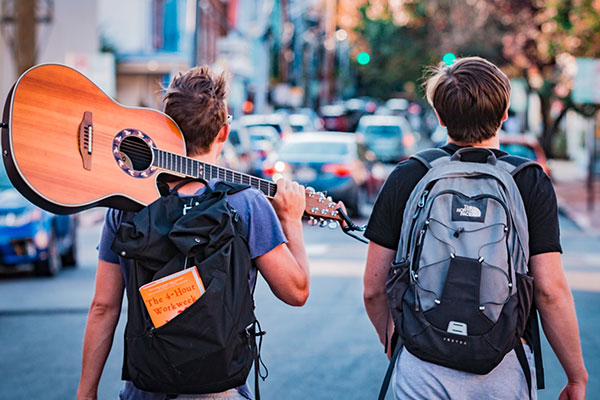
YOUTH
When younger generations achieve significant success outside the family business what are the positives and negatives? We examine if validation of the youth's capabilities and strengthening of their personal identity can provide long-term strategic advantages and resilience for the family unit as a whole.
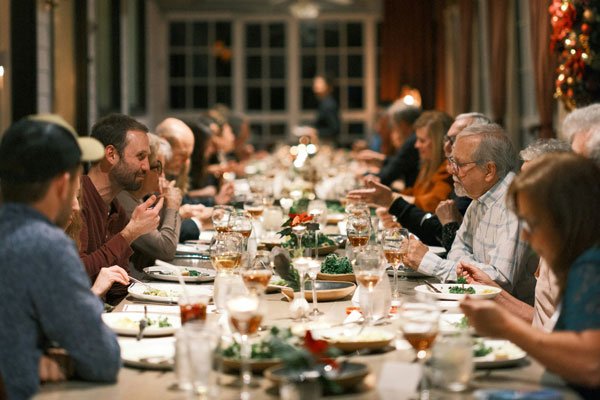
TRADITIONS
How important are family traditions in fostering a strong sense of belonging and preserving cultural heritage? Do they provide a sense of stability and connection, especially during challenging times? Through interviews and discreet filming, we find out how traditions help transmit family values and history across generations.
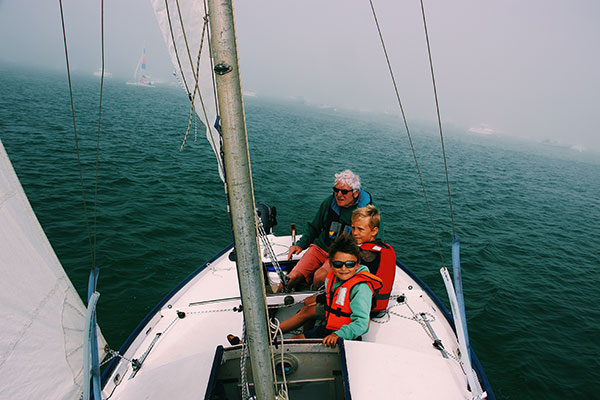
ESCAPE
Can family members in multigenerational businesses create a clear separation between work and personal life? We show how family members' passions offer opportunities for escape, build resilience, and mirror the challenges of business and personal matters.
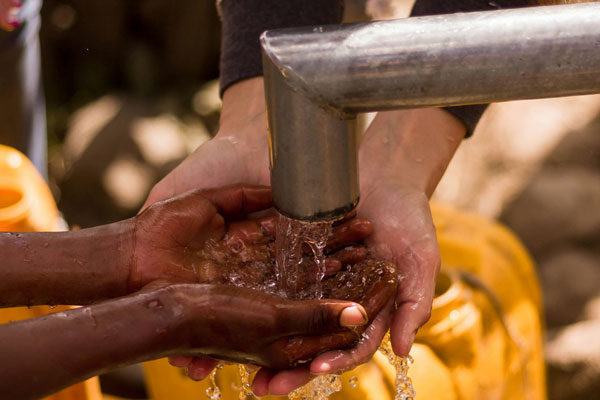
PHILANTHROPY
How does philanthropy reflect values? Is there more to philanthropy than doing good? We investigate if it can provide a way for family members of different generations to connect through a shared purpose and legacy.
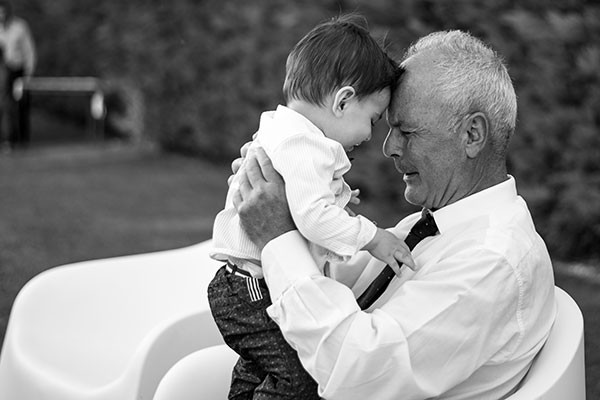
SUCCESSION
How do family businesses survive beyond the second or third generation? Who are the future leaders? How do you mitigate the risk of conflict and institutional knowledge loss? We uncover the importance of succession in ensuring continuity, preserving legacy, and maintaining stability during leadership transitions.
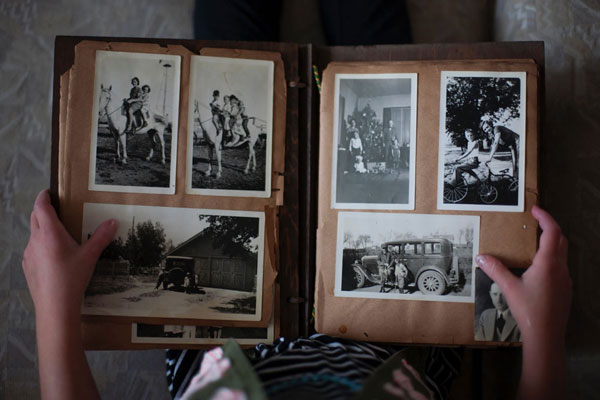
LEGACY
Do the family’s shared values support the founder’s vision? Has it created a competitive edge and a foundation for future, sustainable growth? We examine the importance of legacy in providing a sense of purpose, guiding strategic decisions, and building social and emotional wealth that connects generations.
CHOOSING STYLE & TONE OF YOUR DOCUMENTARY

POETIC
Poetic documentaries focus on experiences, images and showing the audience the world through a different set of eyes. Abstract and loose with narrative, this genre can be very unconventional and experimental in form and content. The ultimate goal is to create a feeling rather than a truth.
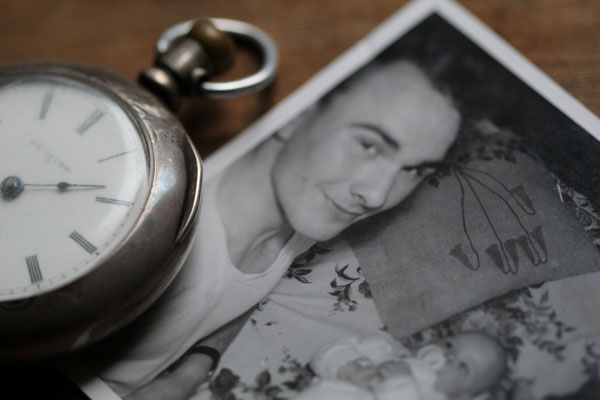
EXPOSITORY
In sharp contrast to poetic, expository documentaries aim to inform and/or persuade, often through omnipresent ‘voice of god’ narration that is devoid of ambiguous or poetic rhetoric. This style is probably closest to what most people consider to be a ‘documentary’.
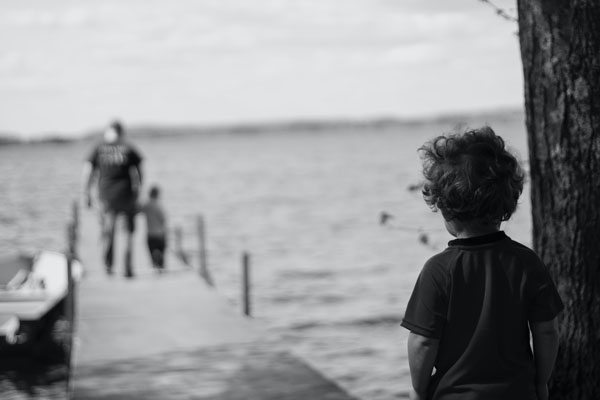
OBSERVATIONAL
As the name suggests the aim of observational documentaries is to simply observe the world around. The style is much less pointed than the expository approach. The aim is to give voice to all sides of an issue by offering audiences firsthand access to the subject’s most important and often private moments, creating a sense of realness and truth.
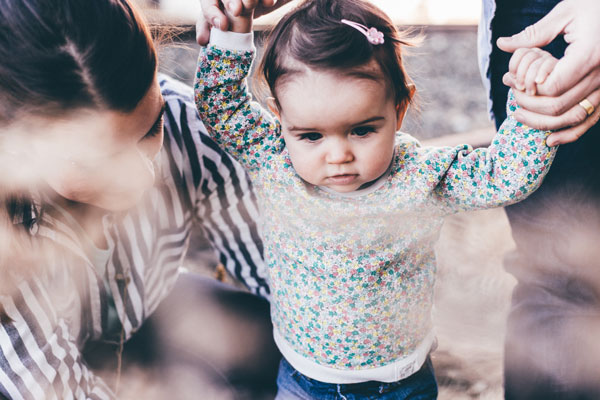
PARTICIPATORY
Participatory documentaries include the filmmaker within the narrative. This inclusion can be as minor as a filmmaker using their voice to prod their subjects with questions or cues from behind the camera, or as major as a filmmaker directly influencing the actions of the narrative. Being the co-producer of your film you could be the one providing the participation.
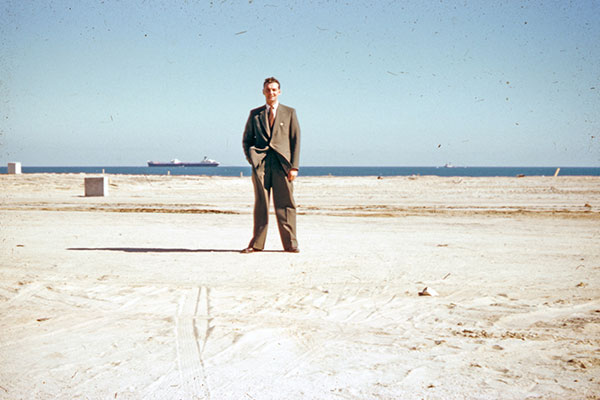
PERFORMATIVE
Performative documentaries are an experimental combination of styles used to stress subject experience and share an emotional response with the audience. They often connect and juxtapose personal accounts with larger political or historical issues. Michael More uses this style, presenting personal stories as a way to construct social truths.

WE’LL GUIDE YOU AT EVERY STEP
Though some of these styles might appear confusing and interchangeable at first, they can help inform decisions for your documentary style. Rest assured we’ll collaborate closely with you to help you choose the best method to tell your unique story. And we’ll deploy our full extent of filming expertise to maximise production quality.
TIPS FOR GIVING A GREAT INTERVIEW
Be very high energy
Make sure to be very high energy and speak with a lot of intonation, more than you would do in a normal conversation. You may think you are overdoing it, but on camera, it does not look that way at all. Excitement tends to be toned-down through the lens. If in doubt, use your phone to film yourself first, and when you play it back, you will see that your high energy works well on film.
BE COMFORTABLE, HAVE A CONVERSATION
Wearing clothes you feel comfortable in will keep you from fidgeting with them too much. Also, thinking of it as a conversation rather than an interview on camera will help you to keep from rambling and will get rid of the ‘ums.
Outline and practice
Define three to five points you’d like to discuss in your interview and practice delivering them while a member of your family records you on your phone. Watch the footage back and you’ll notice where you did well and what you need to work on for the shoot. It will also help you to learn about your own quirks (saying ‘um',‘so’, ‘you now’, etc), eliminate them and improve your speaking abilities and comfort level.
SIT UP STRAIGHT
Before the camera starts rolling, put your bum in the back of the seat and position your spine like someone is pulling you up by your hair. Straightening your spine not only makes you look taller and more confident, it also opens up your diaphragm for better diction.
Move naturally
Outline your talking points in advance, summarise them and be succinct. Use pauses to your advantage, speak confidently, smile when you can and move your hands and head naturally. You also want to look at the person interviewing you, not at the camera, and avoid shifting around in your seat or repositioning your body.
ENUNCIATE CLEARLY
Pronounce everything clearly and project, but don't shout. Practice tongue twisters before your interview and be confident in what you're going to speak about – both will help you speak clearly during an on-camera interview
SMILE AND KNOW YOUR SOUNDBITES
Keeping a smile on your face is key on camera. Beyond that, you want to know what you're going to say. Think about the topics you will discuss and prepare some answers ahead of time. Practice some short 10-30 second soundbites so you don't need to think before you answer, the answer is already in your bones.
TRUST YOURSELF, DON’T MEMORISE
We’ll provide you with our line of questioning beforehand if you wish (we will have developed it with you in the first place). But don't lock yourself into scripted answers. Otherwise, you might lose the natural dynamic of, and passion in, your voice. Remember, this interview is a celebration of your family. Enjoy yourself, trust in yourself, speak from the heart and remember that passion inspires others.
FORGET THE AUDIENCE
The idea of being on camera and being interviewed scares some people; what makes it less threatening is to not think about it. Think of the interviewer as your best friend who wants to just catch up on all the wonderful things you're doing in your life. You’ll feel less scripted in your responses and will come across more natural to the audience.
KNOW WHAT NOT TO WEAR
Knowing what to wear is important, but knowing what not to wear might be even more crucial. Flamboyant prints and noisy jewelry can be distracting during an interview and take away from your message. Stick to solids (pastels and bright colours) and keep makeup and skincare simple with a matte finish to avoid camera shine.



